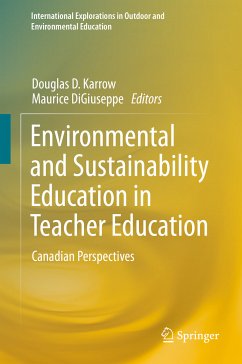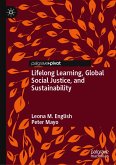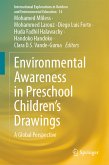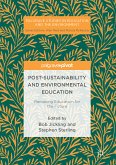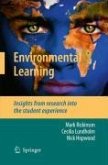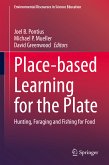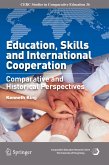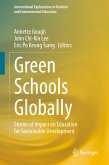Dieser Download kann aus rechtlichen Gründen nur mit Rechnungsadresse in A, B, BG, CY, CZ, D, DK, EW, E, FIN, F, GR, HR, H, IRL, I, LT, L, LR, M, NL, PL, P, R, S, SLO, SK ausgeliefert werden.
"This is a valuable book that makes an important contribution to the area of ESE in TE. ... This book stands for future-thinking, which promotes interdisciplinary connections and engagement with diverse viewpoints. ...This book has broadened our view on ESE in TE, and we recommend this book to anyone involvedin Environmental and Sustainability Education and teacher education in particular." (Hannah Berning, Chris North and Susannah Stevens, Journal of Adventure Education and Outdoor Learning, October 9, 2020)
"The time has come ... for those who acknowledge the need to leave behind the comforts of more conventional humanist forms of qualitative methodology and to re-engage the emergent educational research literature of the past two decades. ... It is an orientation that may help clarify the ethics and politics of justice in education in relation to social, environmental and posthuman issues." (Paul Hart and Catherine Hart, Environmental Education Research, June 16, 2020)

